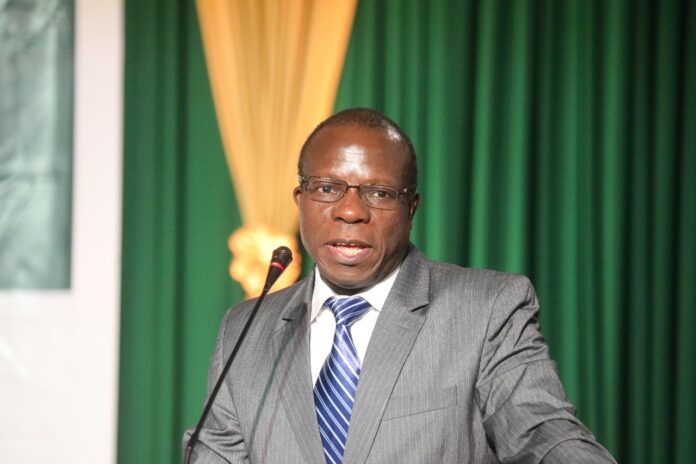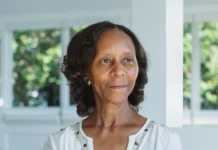Court of Appeal Judge George Odunga has emphasized the need to build trust in conflict resolution mechanisms and institutions to foster confidence in the justice sector.
He noted that meaningful progress in the justice system can only be achieved by understanding and addressing people’s needs while empowering communities to claim their rights and take part in decision-making processes.
Speaking during the official closing of the 2025 Annual Mediation Summit at Strathmore University in Nairobi, Justice Odunga—who also chairs the Mediation Accreditation Committee—stressed the role of inclusive decision-making as a cornerstone for achieving peace, particularly in the context of land and climate-related disputes.
“Throughout the summit, we have seen inspiring progress and ongoing efforts, especially in resolving land disputes. To maintain peace, bridge the justice gap, and encourage innovative dispute resolution at all levels—from personal to global—we must continue and expand on these efforts,” he said.
Justice Odunga called on governments to take a leading role, while emphasizing the importance of collaboration across various sectors—including international organizations, civil society, lawmakers, academia, the private sector, the media, and the broader justice community.
“Only by working together and resolving our conflicts in a spirit free from hostility can we build a peaceful, fair, and inclusive world,” he added.
Highlighting the dangers posed by armed conflict, Justice Odunga pointed out that many such crises stem from a failure to adopt effective dispute resolution methods. He advocated for proactive investments in conflict prevention, rule of law, people-centered justice, social inclusion, and strong, accountable institutions—arguing that these are not only good policies but also make sound economic sense.
The three-day summit, which was officially opened by Chief Justice Martha Koome, revolved around the theme: “Enhancing Access to Justice and Promoting a More Cohesive Society through the Use of Mediation in Resolution of Disputes Relating to Land, Land Use, and Climate Change in Kenya.” The event reaffirmed mediation as a vital tool for resolving disputes, enhancing access to justice, and reducing court case backlogs. This aligns with Article 159(2)(c) of the 2010 Constitution of Kenya, which upholds Alternative Dispute Resolution (ADR) mechanisms, including mediation.
In a jointly signed communiqué, the summit participants emphasized the need for continued collaboration among the Environment and Land Court (ELC), mediators, and other stakeholders. They also stressed the integration of climate governance in mediation practices to tackle environmental challenges and promote sustainable land use.
Further commitments were made to protect vulnerable populations—particularly women and youth—affected by land and climate disputes, through restorative justice and in accordance with Article 48 of the Constitution, which guarantees every citizen the right to access justice.
Additionally, stakeholders pledged to advocate for ongoing training and capacity-building programs for mediators and related actors, to strengthen their ability to handle complex land and climate disputes.
The summit brought together key players in Court Annexed Mediation, including representatives from both national and county governments, state agencies, development partners, academia, and the private sector.



















